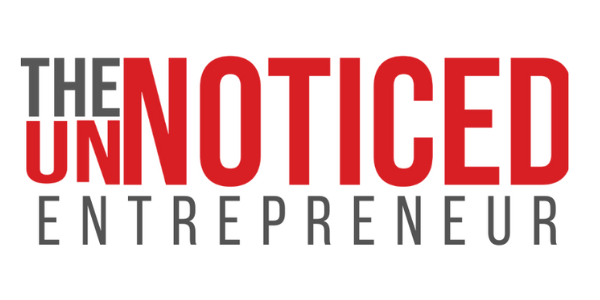Don't pay Dumb tax — Learn These Rules.
To truly scale, entrepreneurs must learn to trust and empower others. "You can’t do it by yourself. "
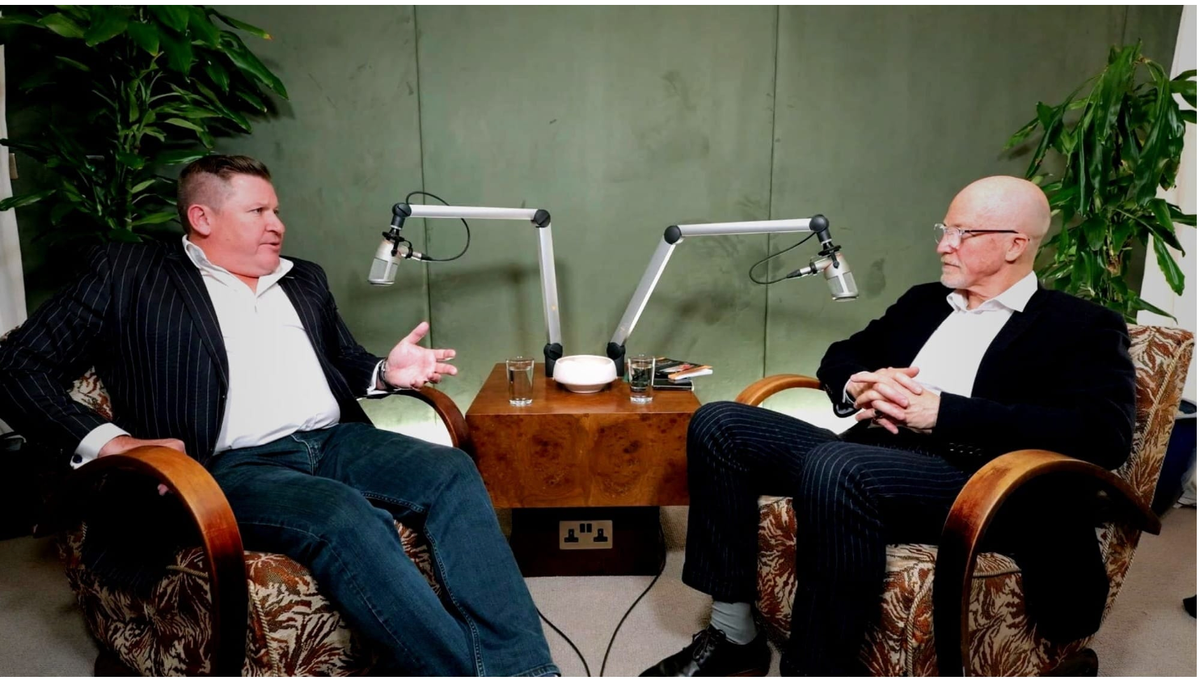
For many entrepreneurs, the journey of building a business is fraught with challenges, long hours, and costly mistakes. The dream of financial freedom and a flexible lifestyle can quickly become a nightmare of being chained to a business that refuses to grow. According to Bruce Campbell, co-founder and CEO of the Entrepreneurial Business School [EBS] and author of "Where's my ca$h gone?", most of these struggles stem from a common, avoidable pitfall: the "dumb tax."
In a recent trip to London from Queensland Australia, Bruce shared his insights on why so many businesses fail to scale and how entrepreneurs can move from being overworked operators to true owners of a thriving enterprise. With over 20 years an award winning business coach, his philosophy is a powerful blend of practical systems, mindset shifts, and a profound understanding of the human side of business.
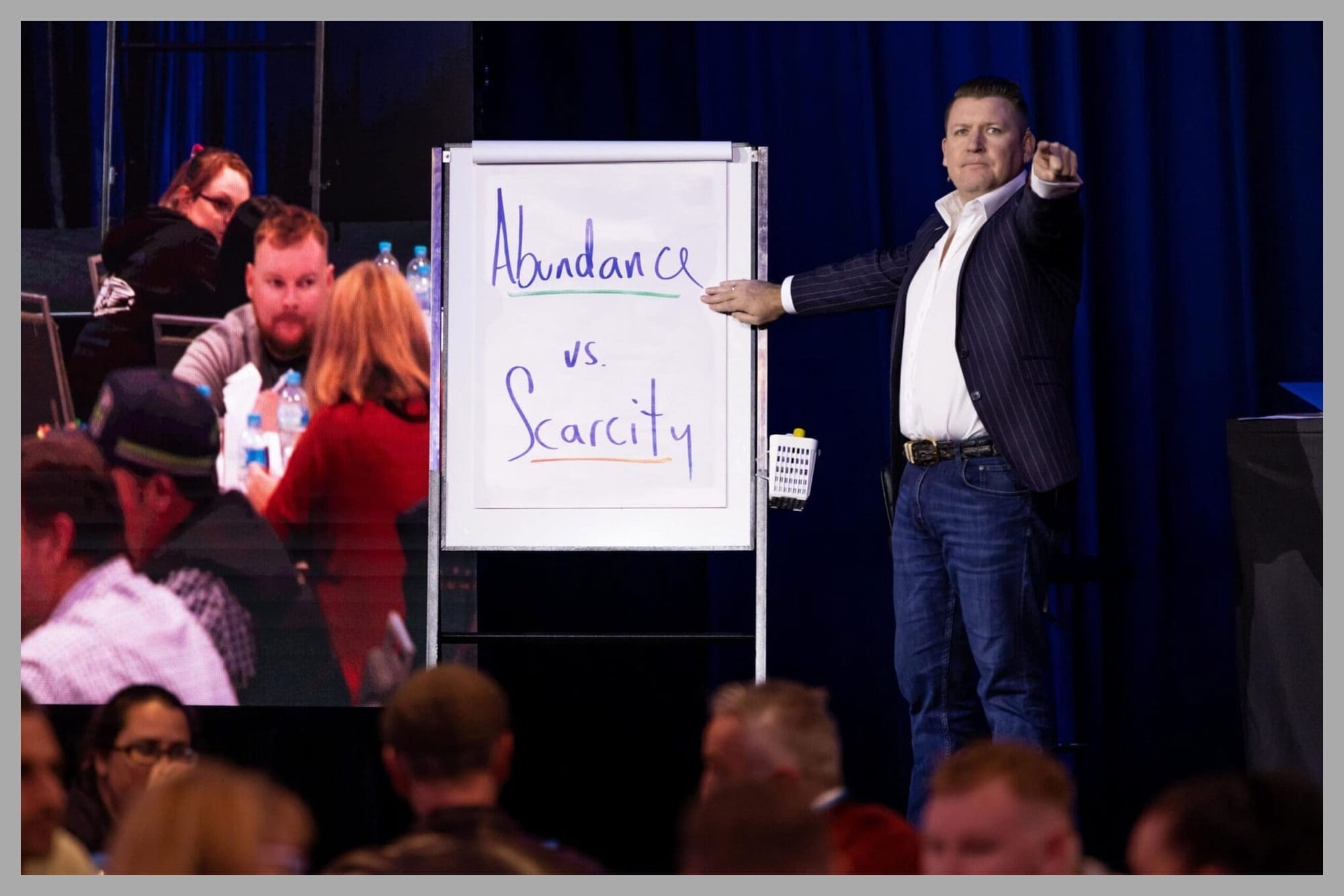
The High Cost of Learning the Hard Way: Understanding "Dumb Tax."
Bruces argues that the vast majority of people who start a business lack formal training in how to actually run one. They may be technical experts in their field, but they are novices in finance, marketing, leadership, and strategy. As a result they pay the "dumb tax."
"Entrepreneurs often pay a dumb tax; that's the price of a bad decision that costs either time or money. It could be a wrong hire, it could be a wrong marketing strategy, and then they pay the price for it."
This trial-and-error approach is not only inefficient but can be financially and emotionally devastating. It’s the reason many entrepreneurs find themselves stuck, unable to grow, and questioning why they ever left their day job in the first place.
The Antidote: Education and Mentorship
If the "dumb tax" is the disease, Bruce says that the cure lies in two key areas: education and mentorship. He emphasized that learning the fundamental skills of business is a form of leverage, allowing entrepreneurs to achieve more with less effort. However, education alone is not enough.
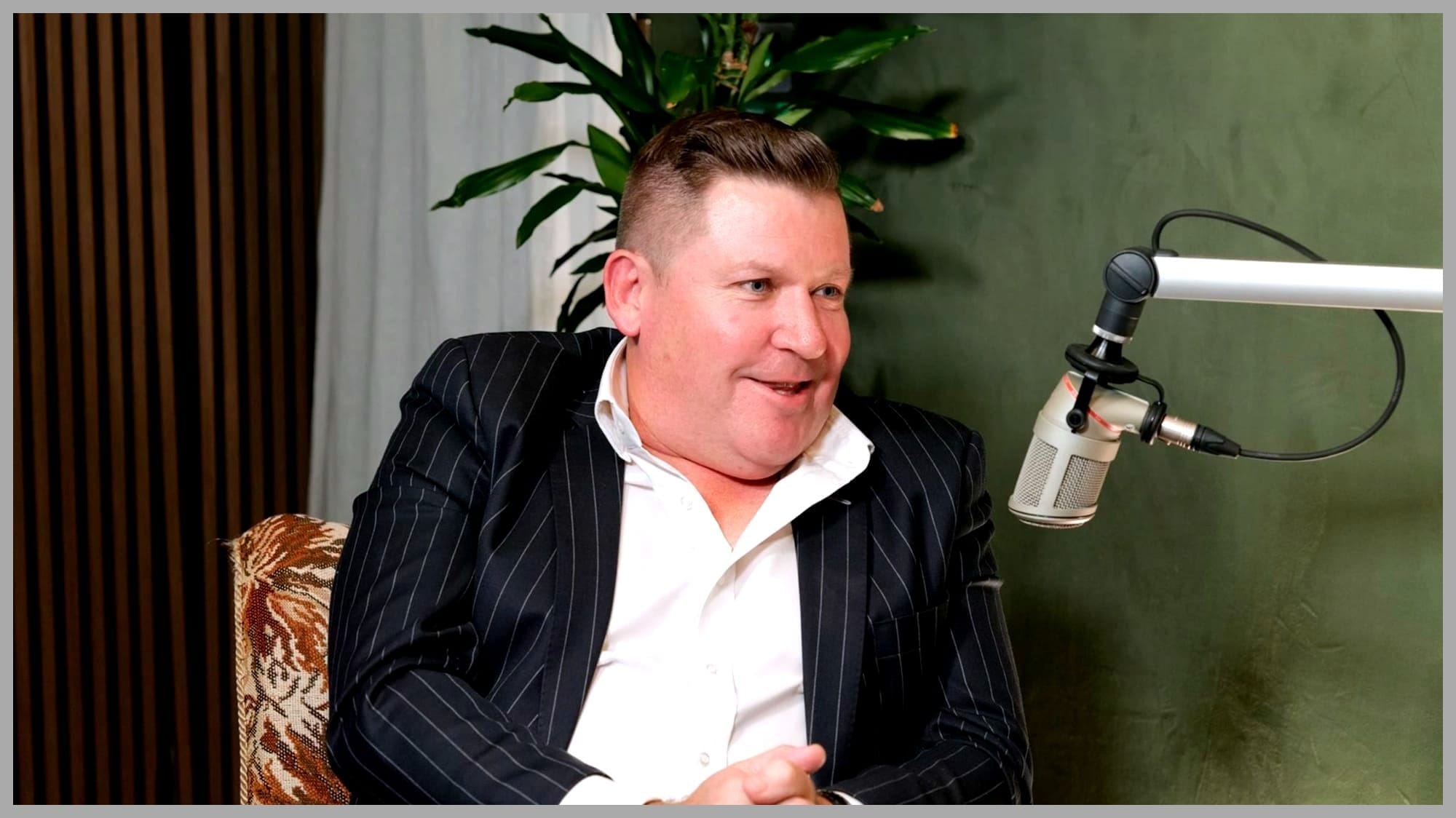
The second, and perhaps more critical, component is having a coach or mentor. Bruce says he finds it baffling that while we mandate boards of directors for public companies and coaches for even the youngest sports teams, business owners—whose livelihoods depend on their success—often go it alone.
"It sort of gobsmacks me in this day and age when their primary source of income is their business, that business owners don't have a coach looking in to give them a hand."
A coach provides an external perspective, holds the entrepreneur accountable, and guides them through the complex challenges of scaling a business. They offer the evidence-based advice needed to avoid costly errors and make informed decisions.
Climbing the "Cash Flow Ladder": From Operator to Owner.
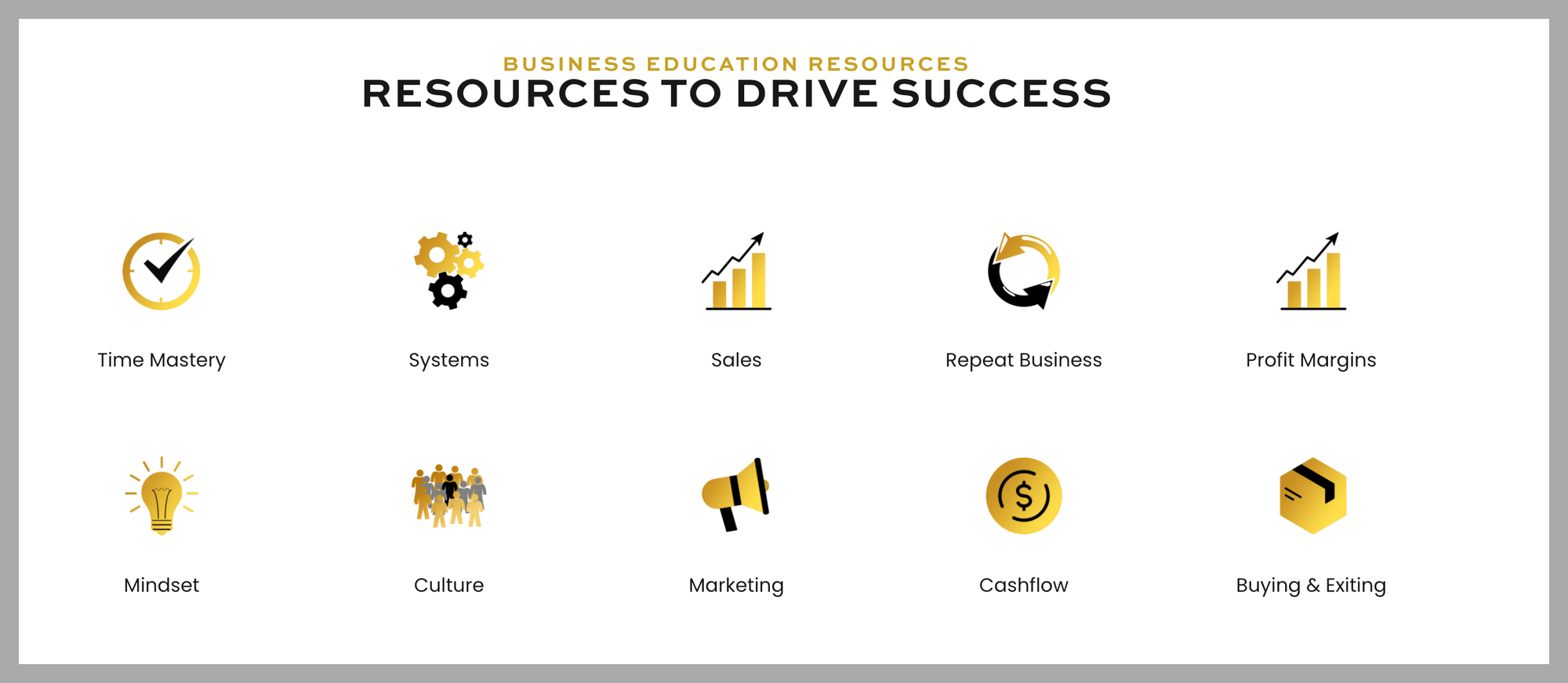
Bruce illustrates the entrepreneurial journey using a concept called the "cash flow ladder." It begins with the ‘Student’ rung, moves to ‘Job,’ and then to the ‘Self-Employed’ rung, where many entrepreneurs start their venture with the humorous, yet common, belief that they can do it better than their former boss.
The next rung is ‘Manager,’ where the business owner has a team but remains central to all operations. This is a dangerous and often permanent trap for many. A key symptom of being stuck on this rung is the inability to take a real holiday.
"At Manager level, you go away for more than two to three weeks, the thing comes crashing down."
The ultimate goal is to reach the ‘Owner’ rung, which Bruce defines as having a business that works without you. This is where true freedom and leverage are found. Reaching this level requires a fundamental shift in both mindset and operations.
The Mindset Shift: Letting Go to Grow
One of the biggest obstacles to scaling is the entrepreneur's own mindset. The belief that "I'm the best one to do this" and a reluctance to relinquish control are major growth killers.
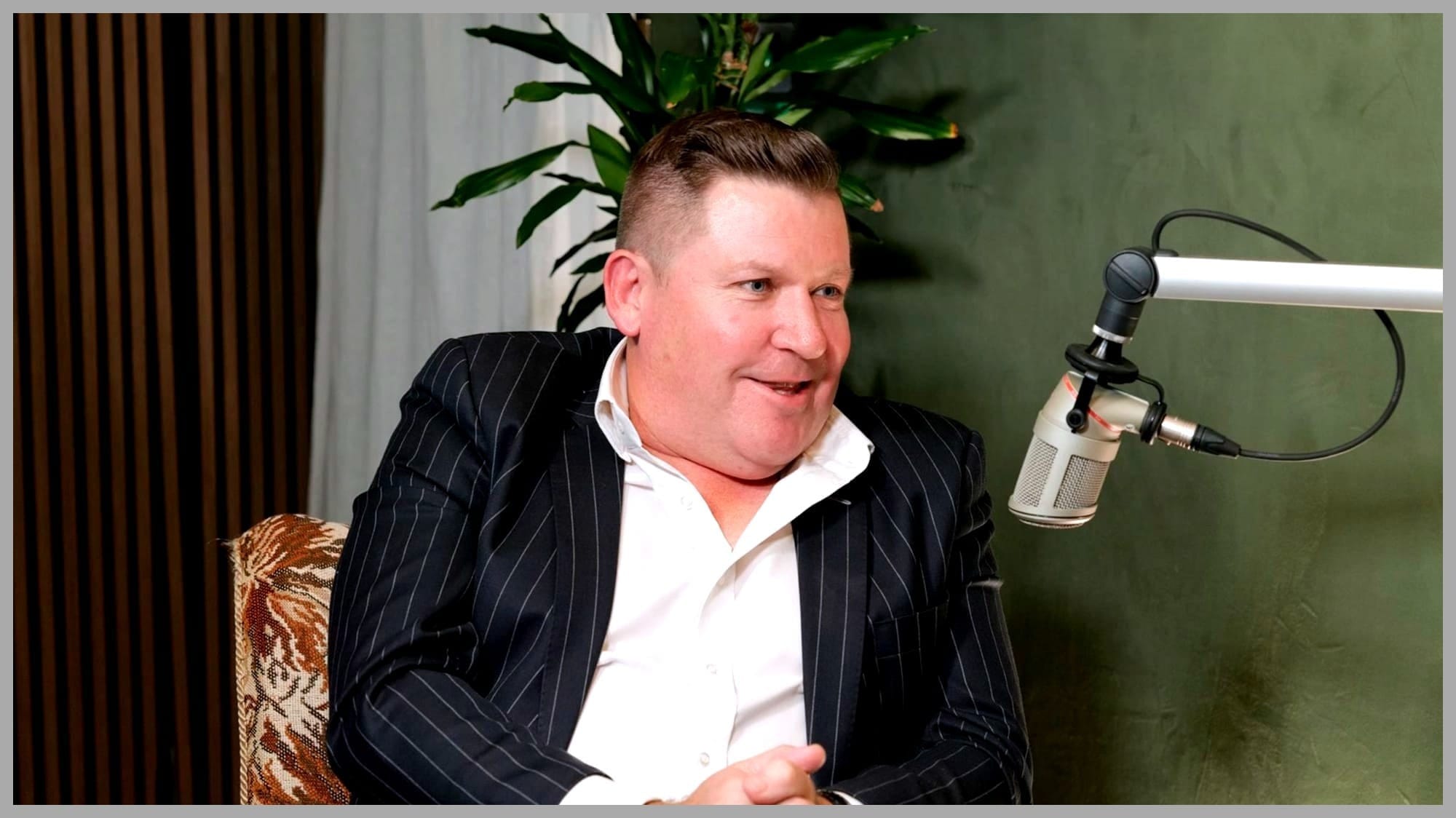
Bruce has a simple, powerful principle to anchor this thinking:
"When control goes up, growth goes down."
To truly scale, entrepreneurs must learn to trust and empower others. This involves a significant mindset shift, moving from a doer to a leader. It means accepting that there are people out there who are better at certain tasks and having the courage to hire them. This is a lesson famously championed by Steve Jobs, who believed in hiring people smarter than himself.
Another psychological barrier is the guilt associated with not working gruelling hours, an identity piece often tied to a person's upbringing or what is sometimes called a Protestant work ethic. Bruce argues that entrepreneurs need to redefine their self-worth away from the hours they put in and towards the results they achieve through leverage.
Practical Systems for Sustainable Growth
Moving from manager to owner isn’t just about changing your mindset; it requires implementing robust systems that allow the business to run smoothly without your constant intervention. Bruce highlights several critical areas:
- Customer Relationship Management (CRM): A good CRM system is essential for managing customer interactions and data. Choosing the right one is crucial, as a poor choice can lead to wasted time and money.
- Financial Systems: Entrepreneurs need a clear view of their financials. Campbell’s firm, Entrepreneurial Business School provides a proprietary Chief Financial Officer system to clients enabling the coaches to transform the sometimes complex business numbers into an easy-to-read format, enabling science-based coaching conversations.
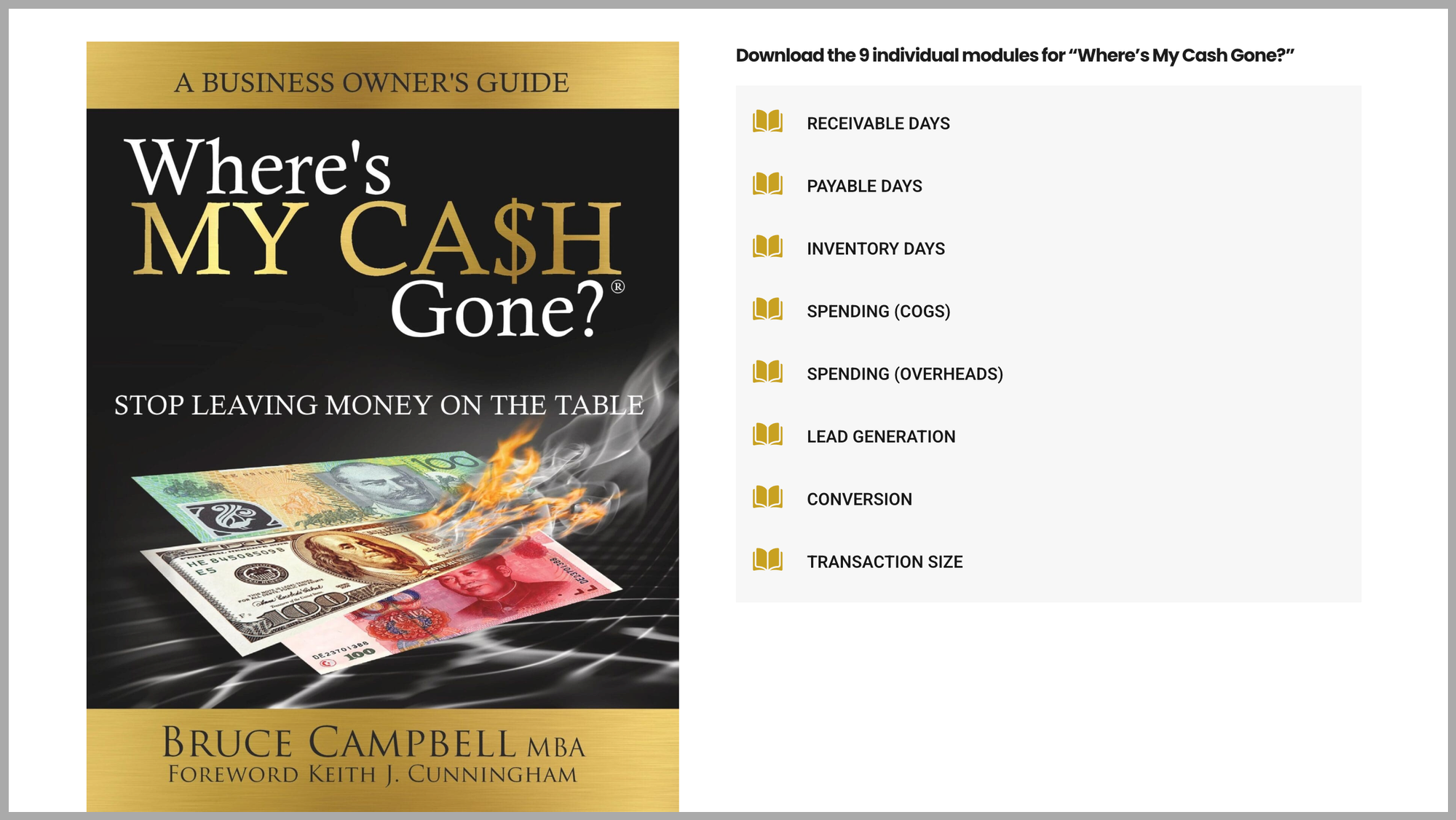
- Team and Recruitment: Perhaps the biggest choke point for growth is the lack of a systematic approach to hiring. Campbell advocates for a rigorous process that includes psychometric testing to understand a candidate’s personality and potential fit before they are hired.
"I say for a bad hire for some of the junior employees, you are going to write a check for 10,000 pounds, dollars, euro, et cetera. And for the major hires, like middle of the organizational chart or even higher, it’s upto 200,000."
Due to the costs, Bruce stresses the importance of a structured onboarding process, as failure to integrate new hires properly in the first six months leads to high turnover and significant financial loss.
The Partnership Dynamic: Alignment is Everything
For those in business with a partner, especially a spouse, the stakes are even higher. Bruce, who co-founded his business with his wife Georgie, emphasizes that alignment is non-negotiable.
"If you are not aligned with your either life partner, spouse, or business partner, it’s impossible to grow."
He recommends tools like psychometric testing (such as the DISC profile) to understand each other's personalities and working styles. A coach can act as a neutral referee, helping partners navigate conflicts and find synergy. This alignment is the foundation upon which a successful and scalable business is built, especially when the pressures of family and business life intersect.
Beyond Success: Mission Abundance

Achieving business success and financial freedom is a significant accomplishment, but Bruce argues that it is not the end goal. The ultimate reward is fulfillment, which he believes comes from helping others.
For Campbell, this realization came after a decade in business and was crystallized by a chance encounter that led him to the cause of fighting child sacrifice in Uganda. This experience prompted him and his wife to establish the 'Mission Abundance Foundation' which has since donated millions and had a generational impact on communities by providing clean water, food, and medical care.
This journey from focusing on personal success to having a broader, positive impact on the world is the final, and most meaningful, rung on the ladder. It transforms entrepreneurship from a vehicle for wealth creation into a platform for making a difference.
The Final Word: Make This One Investment.
If there is one lesson to take away from Bruce Campbell’s philosophy, it is that entrepreneurship is not a solo sport. The belief that you can build a successful, scalable business entirely on your own is a fallacy.
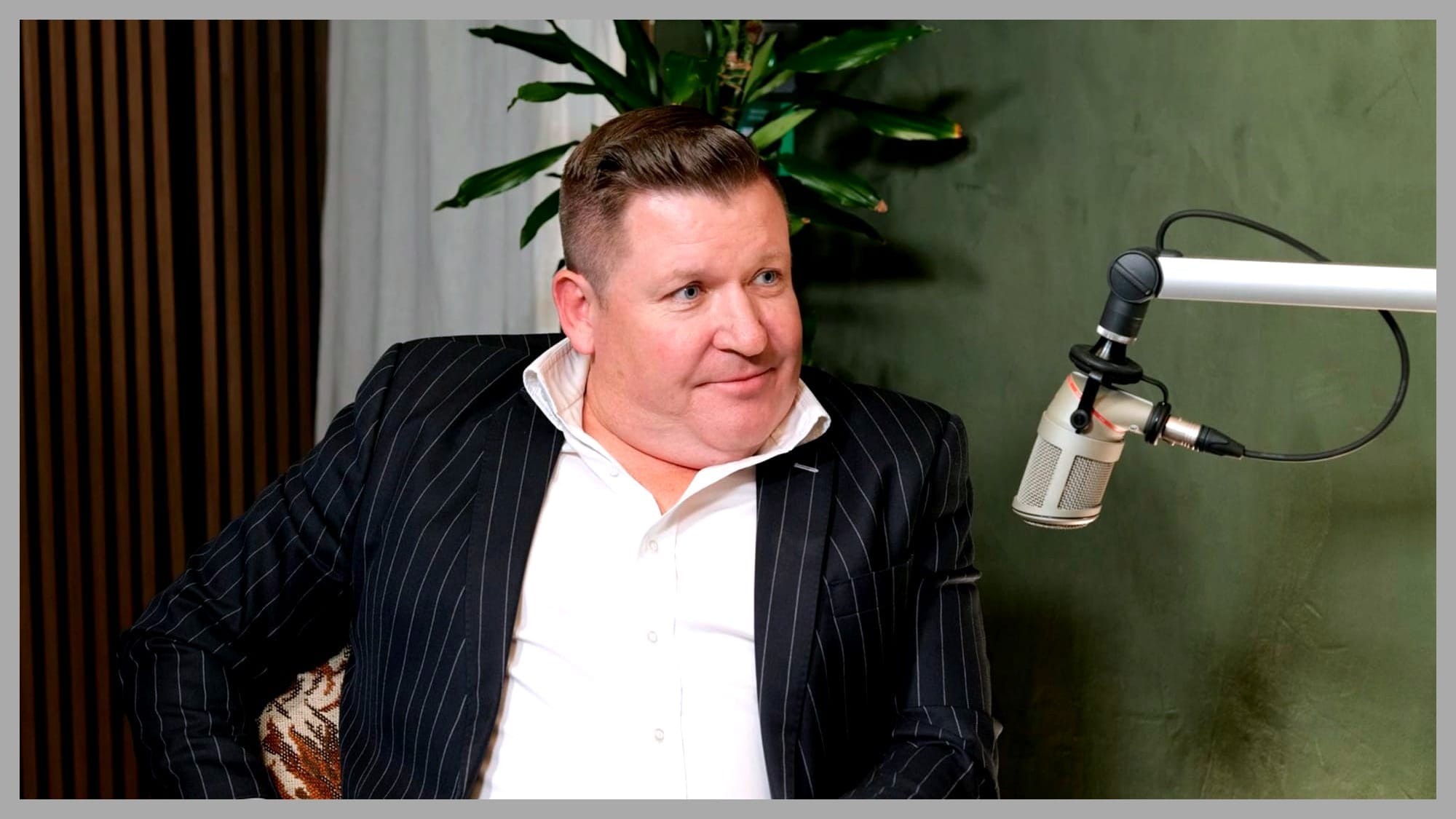
"You can’t do it by yourself. "
Investing in education and mentorship is not a cost; it is an investment that pays for itself many times over. By seeking guidance, implementing systems, and shifting your mindset, you can avoid the “dumb tax,” climb the ladder to true ownership, and ultimately find a level of success and fulfilment that extends far beyond the balance sheet.
Bruce and I recorded at the SOHO Works Studios in London. He was in the UK for the expansion of the Entrepreneurial Business School.
Entrepreneurial Business School (EBS) has recently launched its UK division, bringing over two decades of world-class business coaching to local entrepreneurs.If you’re ready to uncover your biggest growth constraint and scale with clarity and confidence, book a free Business Diagnostic with an EBS coach using the button below.
Reach out to Bruce and the team for a free business diagnostic for your company.
